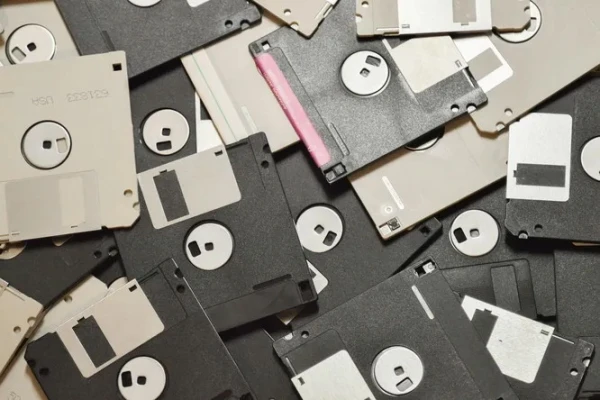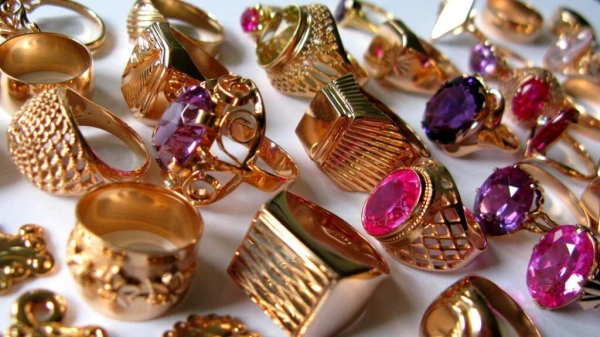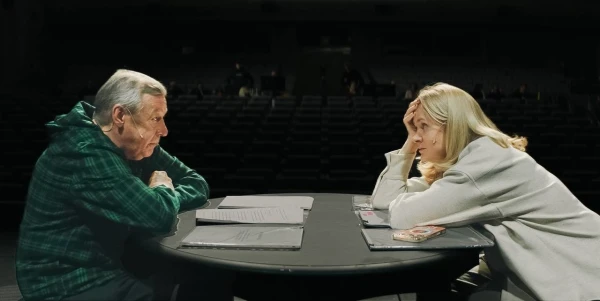
The University of Cambridge Library has launched a project to preserve data from old floppy disks, including those considered unreadable. What rare data is stored on them is often forgotten even by the owners of the disks.
In October 2025, the University of Cambridge launched the Future Nostalgia project – an initiative to rescue data from old floppy disks.
For a year, anyone can come with a preserved disk, and specialists will extract information from it.
At the time of writing this article, the library fund has collected over 150 disks. Among them were personal files and software of the famous physicist Stephen Hawking, his early research drafts, and other materials created for long-obsolete computers.
Recovering data from such media requires complex technical work. Many of them are unreadable, and the magnetic recordings have partially erased. Special devices that can work even with damaged disks are used for reading, rather than standard floppy disk drives. Modern programs do not recognize the formats of the recorded files: retro computer enthusiasts have been engaged to read them.
One of the first restored archives was a set of Hawking's personal files and work materials. The rest consists of family archives and research results.
There is a chance that even more interesting finds await ahead. In the laboratories of Cambridge, a wide range of work has been conducted: unpublished scientific discoveries that have been shelved for various reasons might be found here. There could be lost research, early versions of popular computer programs, and even military secrets. Or perhaps the archivists will only receive a pile of unremarkable dissertations.
With this project, Cambridge sets itself a broader mission: to develop a transparent and reproducible process for recovering digital archives that can be transferred to other universities and laboratories.
If the project proves successful, it could become a role model for preserving the digital heritage of the 20th century – from scientific data to biographies of people from the past.













Leave a comment